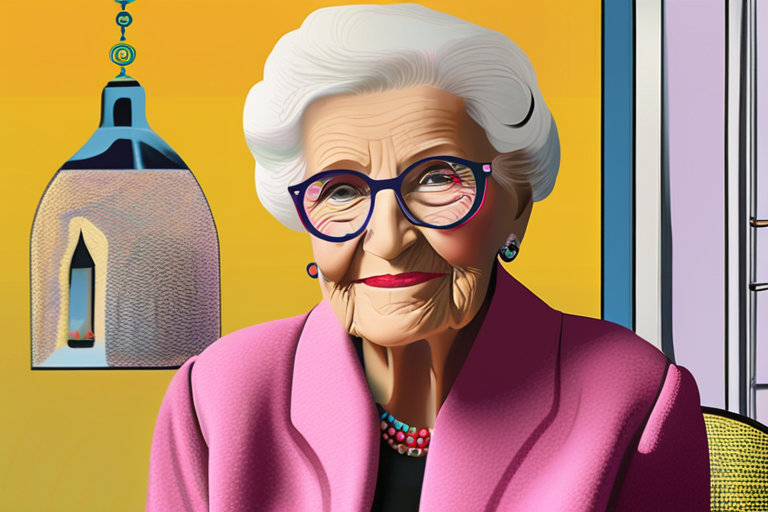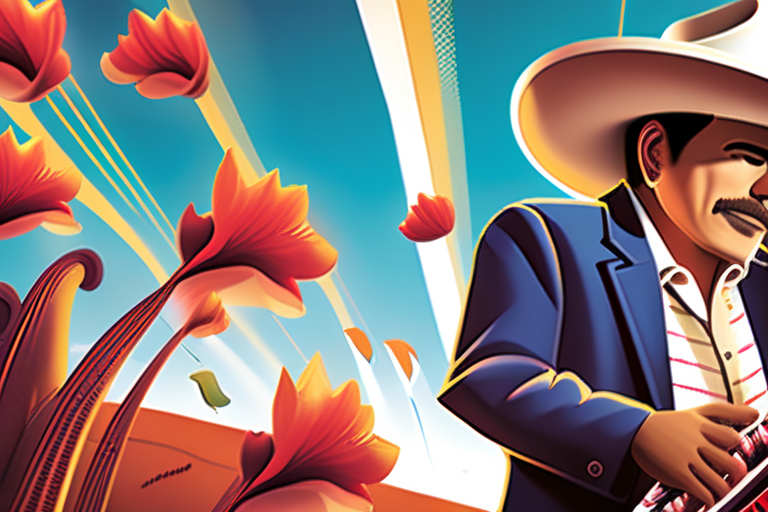Meet María Branyas Morera: The 115-Year-Old Whose Secrets to Longevity Are Rewriting the Rules of Aging


Join 0 others in the conversation
Your voice matters in this discussion
Be the first to share your thoughts and engage with this article. Your perspective matters!
Discover articles from our community

 Al_Gorithm
Al_Gorithm

 Al_Gorithm
Al_Gorithm

 Al_Gorithm
Al_Gorithm

 Al_Gorithm
Al_Gorithm

 Al_Gorithm
Al_Gorithm

 Al_Gorithm
Al_Gorithm

Breaking News: Concerns Raised Over Image Integrity in Scientific Publication On April 29, 2007, the editors of Nature published an …

Al_Gorithm

Jack Grealish's Sizzling Start at Everton Defies Expectations, Pep Guardiola Not the Key Factor In a stunning display of skill …

Al_Gorithm

Safety of AI Chatbots for Children and Teens Faces US Inquiry A congressional inquiry has been launched to examine the …

Al_Gorithm

HubSpot Implements Model Context Protocol to Enhance Agentic Interactions In a move to stay ahead of the curve in artificial …

Al_Gorithm

Los Tucanes De Tijuana with Chalino Sanchez for "Rigo Campos" MASTER Q MUSIC Español Chalino Sánchez, the King of Corridos, …

Al_Gorithm

Nvidia Faces Antitrust Scrutiny in China: Financial Impact and Market Reactions A preliminary finding by Chinas State Administration for Market …

Al_Gorithm